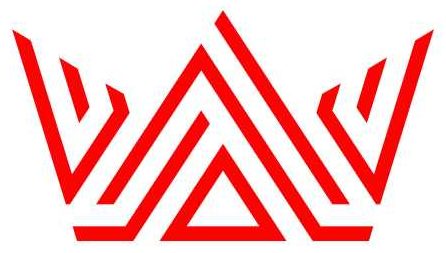Entering the field of Human Resources (HR) can seem like a daunting prospect for those without direct experience, yet HR remains a critical component in every industry. Whether you’re fresh from university or considering a career switch, the HR domain offers a variety of roles, from recruitment to employee relations and compliance, all focused on the betterment of the workforce. Here’s your step-by-step guide to starting a career in HR.
1. Understand the Role of HR
Before you take any formal steps, it’s important to understand what a career in HR entails. HR professionals are responsible for a range of tasks including but not limited to recruiting, hiring, conducting interviews, overseeing training and development, managing compensation and benefits, and ensuring regulatory compliance. They act as a bridge between an organisation’s management and its employees.
2. Assess and Develop the Required Skillset
HR professionals generally possess strong interpersonal, communication, and decision-making skills. They must also be adept at handling sensitive information with discretion. These soft skills can be developed through volunteer work, networking, and even through your existing job if it involves teamwork or customer service.
3. Gain the Necessary Education and Qualifications
While it is possible to start a career in HR with different educational backgrounds, having a relevant degree can be advantageous. Degrees in human resources management, business administration, or psychology are commonly linked with HR roles. In addition, you can strengthen your HR knowledge through certifications provided by professional bodies like the Chartered Institute of Personnel and Development (CIPD) in the UK.
4. Gain Experience
Practical experience can be the key to entering the HR field. Internships, placements, or even entry-level positions can provide hands-on experience. If you’re looking to transition from another career, seek out opportunities within your current workplace such as helping with recruitment or training programs, which can count as relevant experience.
5. Network
Networking is important in HR to stay informed about best practices and available opportunities. Joining HR-related forums, and attending industry events and workshops can provide connections that are invaluable for job-seekers. Also consider joining professional social networks like LinkedIn, where you can connect with industry leaders and join HR groups. HR recruitment specialist can help you find the right addition to your human resources department on a temporary, temp-to-hire, or permanent basis.
6. Work on Your CV and Interview Skills
Your CV is often your first impression with potential employers, so ensure it highlights any HR-related experience and the transferable skills that can be beneficial in an HR role. Before an interview, be prepared to answer situational questions where you can exhibit your problem-solving skills in people management scenarios.
7. Apply for HR Positions
Keep an eye out for HR assistant or coordinator roles. Such positions frequently serve as stepping stones into the field. Tailor your applications to each job and ensure that your passion for developing people and creating effective workplaces shines through.
8. Consider Specialisation
Once you’ve found your footing, consider specializing in an area of HR that aligns with your interests, be it employee relations, talent acquisition, training and development, or HR analytics. Specialisation can lead to more opportunities and potentially higher salaries.
Conclusion
Breaking into HR requires a balance of education, experience, and networking. It’s a rewarding career path for those who are passionate about workplace excellence and employee well-being. Regularly upskill and stay abreast of changes in employment law and best practices to ensure a successful and lasting career in human resources. Remember, the human element is at the core of HR, so empathy and a desire to help others grow are essential traits for success.
Remember that human resources is a constantly evolving field, and staying open to new challenges and continuous learning is part of the job. With determination and a commitment to developing your skillset, you can have a durable and fulfilling career in HR.

